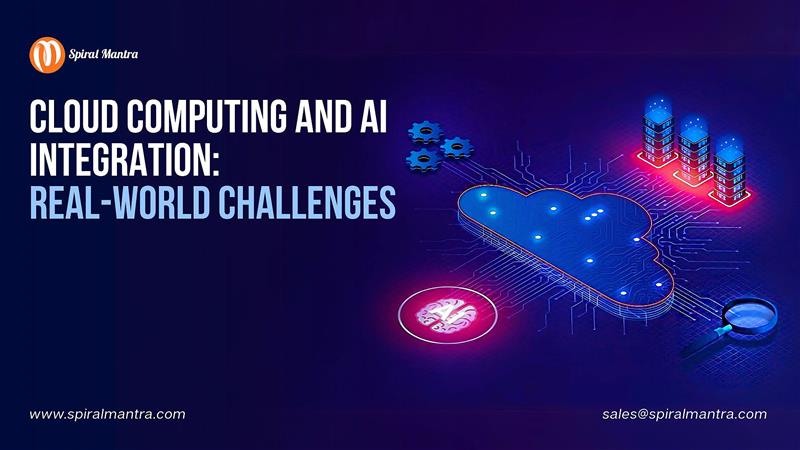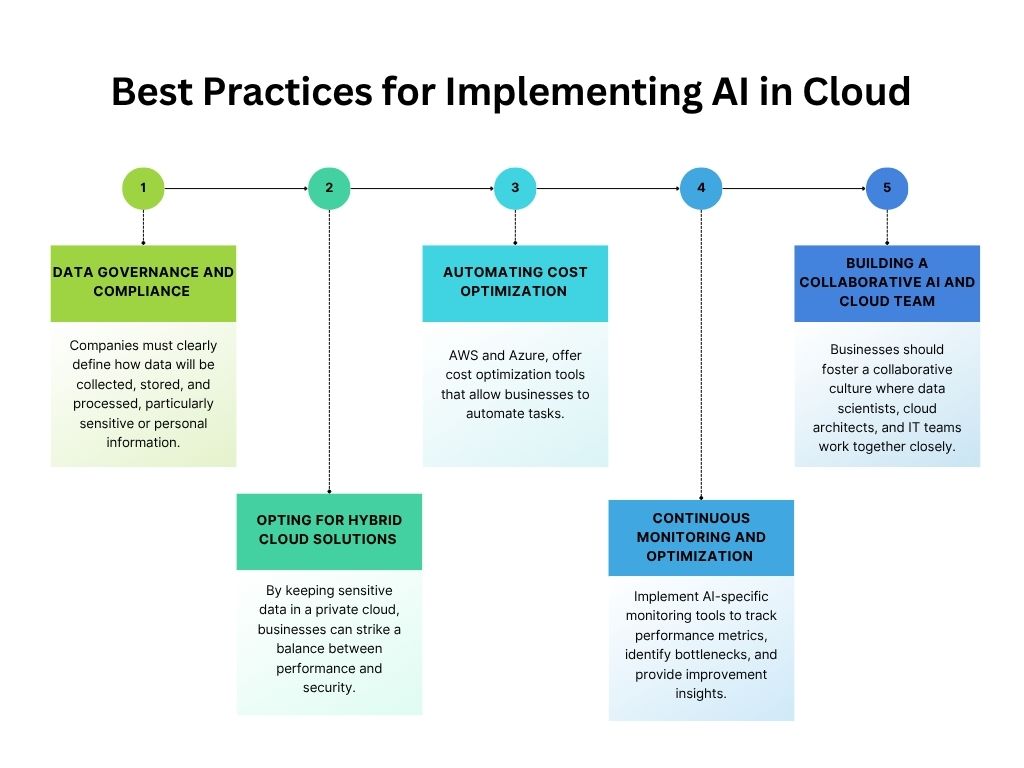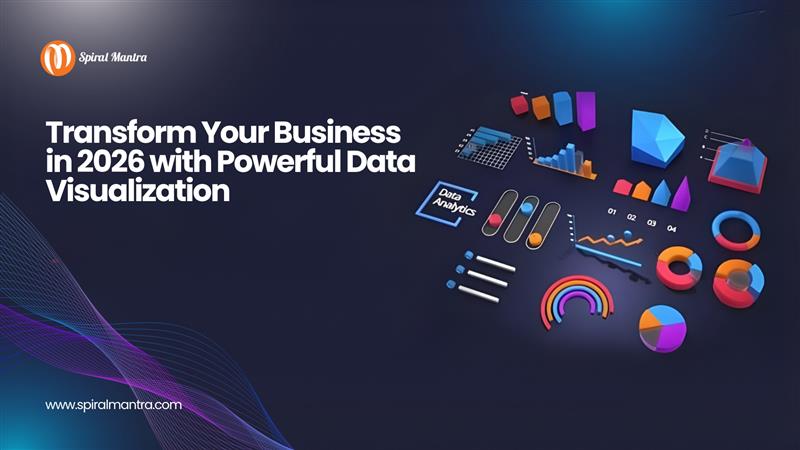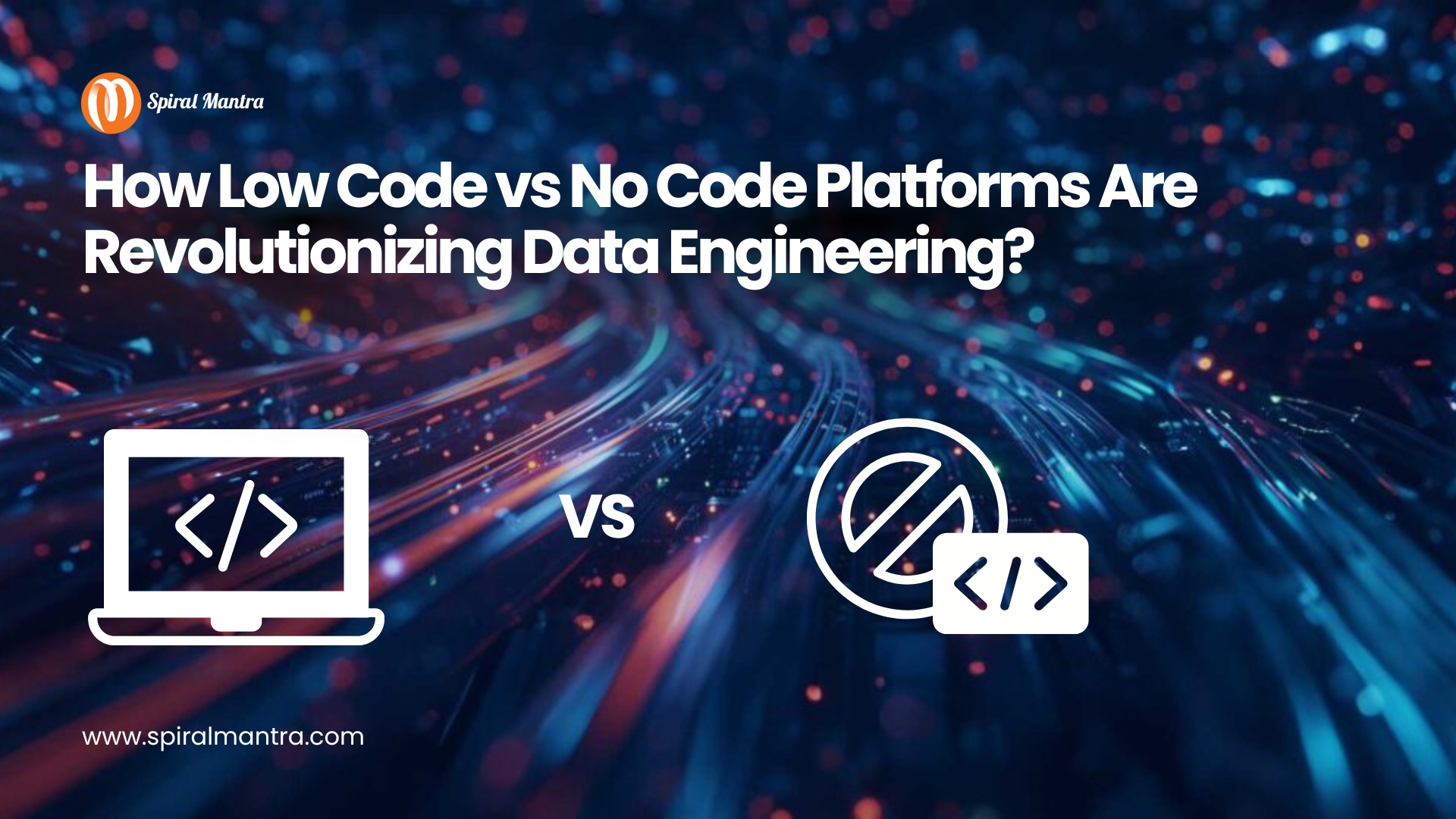
Overcoming Cloud and AI Integration Challenges
The convergence of cloud computing and AI integration has become a transformative paradigm shift for modern enterprise architecture. This is because the artificial intelligence market is anticipated to become $407 billion by 2028, opening a door of opportunities for AI adopters in startups, enterprises, and Fortune 500 companies. As organizations progressively migrate their workloads to dispersed cloud environments (including Azure DevOps, AWS, and GCP) for better scalability, they are also deploying AI algorithms for feasible management. However, achieving the results in the right way is the hardest nut to crack, as these organizations encounter complex operational challenges that demand the skillset and technical solutions that our cloud DevOps consulting services offer. This article is devoted to demonstrating and discussing the real-world operational challenges in cloud computing and AI integration at scale. Read this blog to learn how Spiral Mantra addressed real-world cloud-AI challenges.List of Critical Operational Challenges in Scalable Cloud-AI Ecosystems
Employing AI in cloud environments involves providing potential; however, businesses encounter multiple challenges in realizing its benefits, including data security, integration across systems, and systematically managing costs. Below are the major key obstacles that organizations should be aware of.Complexity with Data Privacy & Security Measures
Privacy of data and its security always remain a top-notch concern for positioning artificial intelligence in the cloud. As businesses process heterogeneous data daily, the risk of data sensitivity breaches has also heightened in the past few years. On top of that, the stored information on cloud platforms like AWS DevOps and Google Cloud comes from multiple locations, making it vulnerable to security breaches and cyberattacks. Thus, companies like Spiral Mantra ensure to offer DevOps consulting and cloud implementation services with robust encryption and compliance access control to mitigate these risks. Additionally, AI ML models require massive datasets for training; thus, organizations should invest in risk assessments, ensuring their personal or proprietary information remains secure in the cloud.Infrastructure Orchestration Intricacy
The addressing challenge lies in infrastructure orchestration in heterogeneous computing resourcing linked to multi-cloud environments while maintaining optimal performance for artificial intelligence workloads. Enterprises frequently face resource contention issues when working with multiple AI models, leading to degraded performance in production systems.Data Pipeline Integrity and Latency Optimization
Modern AI systems demand unified data ingestion from multiple sources, creating a challenging environment for businesses to maintain data pipeline integrity while minimizing end-to-end latency. The process of ETL or ELT (Extract, Load, and Transform) becomes complex and challenging, especially with real-time data streaming. This is because the data should be fed into ML models without introducing any struggle with data quality degradation. On the other hand, edge computing integration is another major challenge for corporations, as the collected data should be synchronized and processed between the centralized cloud infrastructure and edge devices.Security Architecture and Compliance Framework Integration
Integrating AI capabilities within cloud environments introduces novel attack vectors and security vulnerabilities that traditional cybersecurity frameworks were not designed to address. AI models themselves become potential targets for adversarial attacks, model inversion techniques, and data poisoning scenarios that can compromise system integrity. Multi-tenancy concerns escalate when AI workloads share computing resources, as model parameters and training data must remain isolated while enabling efficient resource utilization. Organizations must implement zero-trust architectures that encompass not only traditional network security but also model-specific protection mechanisms and federated learning protocols.

